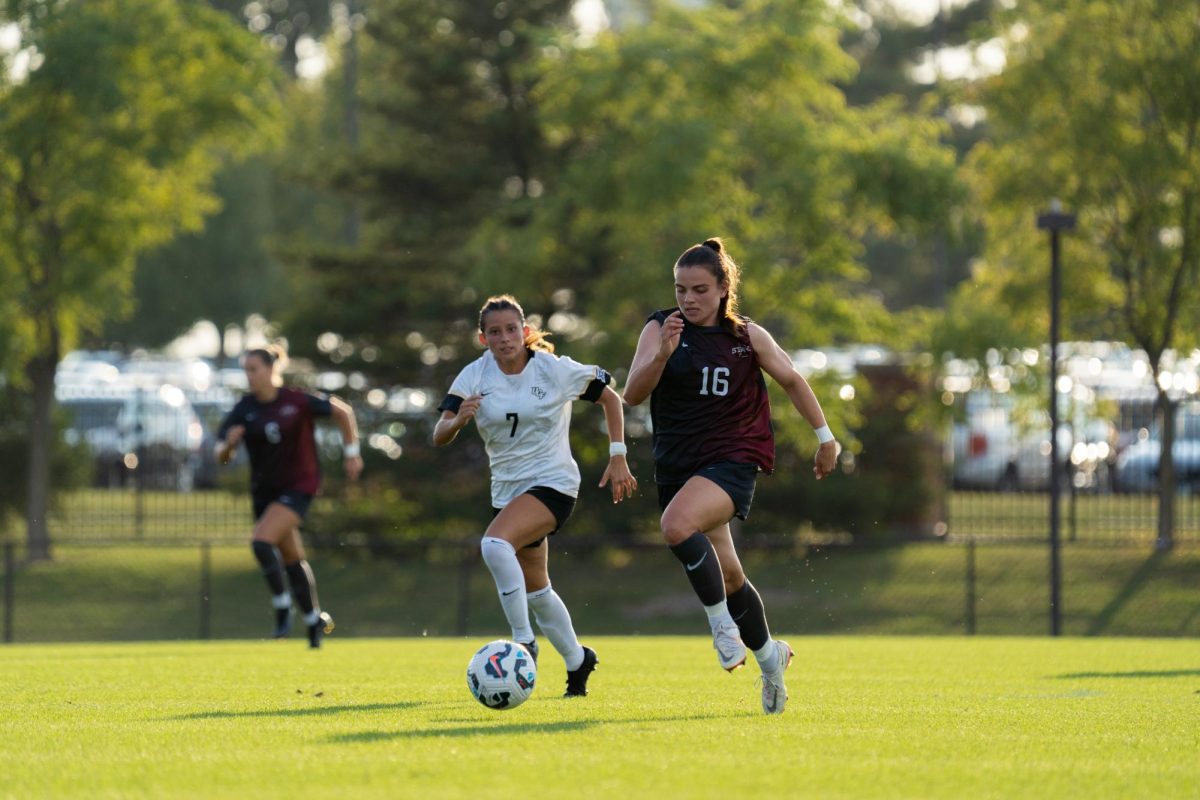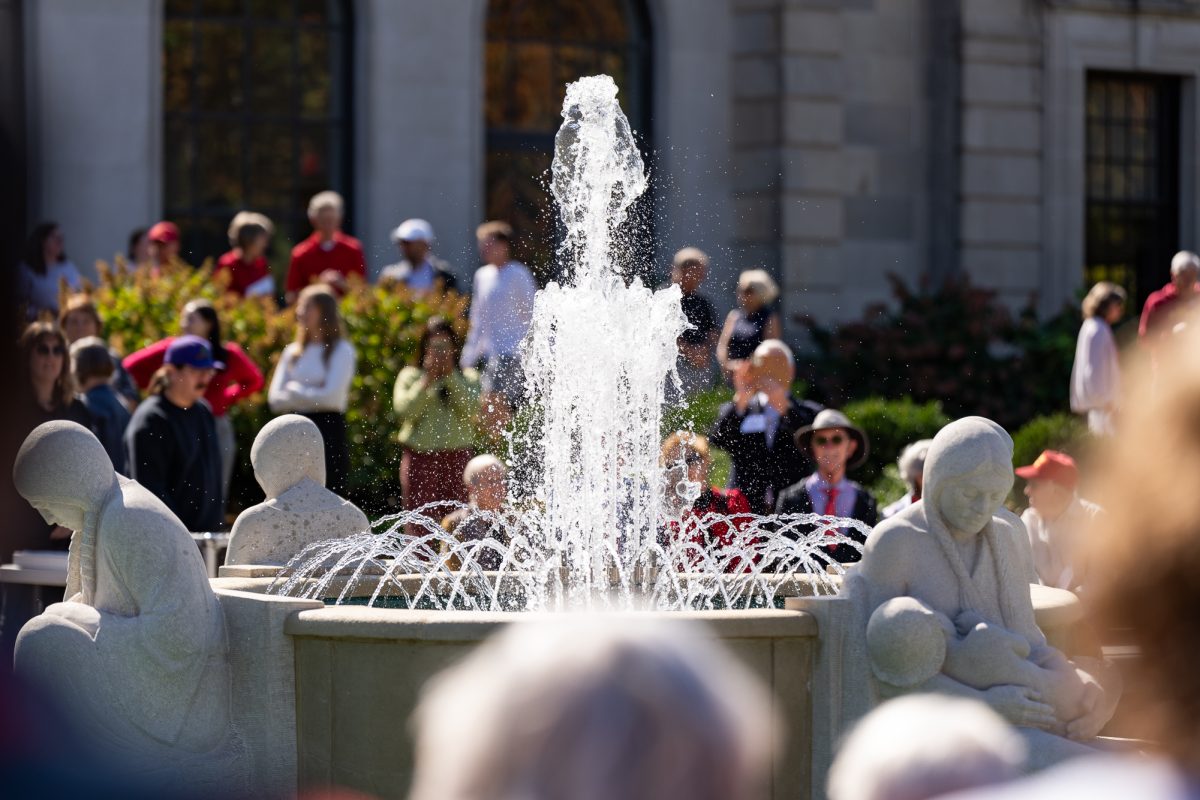Ames residents think eventually having female president is likely, survey finds
September 28, 1999
Most Ames residents think the United States eventually will be led by a female president, according to a recent poll by an ISU journalism class.
Of the 246 adult Ames residents surveyed, 87 percent said the United States eventually will elect a woman to the White House.
Most Ames residents, 71 percent, said Americans will elect a female vice president before they’re ready to usher in a female president.
“A woman president will bring more intuitive ability, compassion and understanding,” said Susan Shields, 918 Ridgewood Ave. “She would bring an awareness of what actually is important in life.”
When considering the rigors and demands of being president, 70 percent believed a woman generally would tolerate the stress as well as a man, and 78 percent felt a woman would handle an international crisis as well as a man.
Sixty-two percent of those surveyed said the most important characteristic a female president should have is leadership skills.
Political experience was next important with 16 percent, and personal morality was least important with 7 percent.
Almost half believed that America will be ready to elect a woman president in 2008 or later, while only 11 percent felt America is ready now; 24 percent said Americans may be ready in 2004.
Not all surveyed agreed that a woman president is possible. In fact, 8 percent said the United States will never elect a woman president.
“The weakness would be, say, she’s going through menopause,” said Darci Croson, 1522 Kellogg Ave. “It may create more stress.”
Lisa Nelson, 802 1/2 Carroll Ave., said a woman would be considered weaker in the eyes of some males.
“Thus, it may be harder for her to do certain things, like get bills passed through Congress,” Nelson said.
Only one-fourth of those surveyed said a male minority will be elected to the presidency before a woman.
Joe Cuva, junior in elementary education, said a woman president would “bring races closer together, and minorities would see it as a step in the right direction.”
As far as political affiliation, 34 percent felt the first woman president would be a Democrat, 21 percent said she would be Republican and 39 percent said they didn’t know.
Thirty-three percent said a woman would be more liberal than a male president in her approach to social issues such as gun laws, abortion, health care and affirmative action, while 11 percent said she would be conservative.
Most felt a female president would be about the same as a male president.
If two candidates of equal qualifications were on the ballot, one a woman and the other a man, 56 percent said they would vote for their favorite candidate regardless of gender and party, 23 percent said they would vote for their party’s candidate regardless of gender, 9 percent would vote for the female candidate, 5 percent said they would vote for the male and 7 percent weren’t sure.
Of those who participated in the survey, 46 percent were men and 54 percent women.
The respondents were interviewed by telephone from July 15 to 18. The calculated margin of error is 6.1 percentage points.






